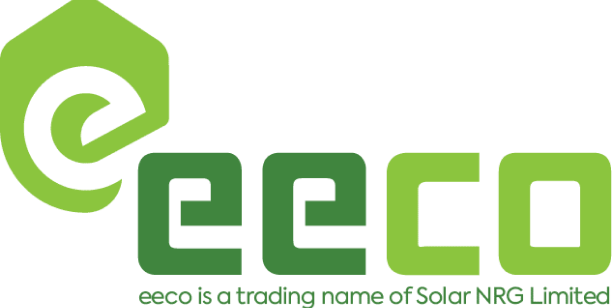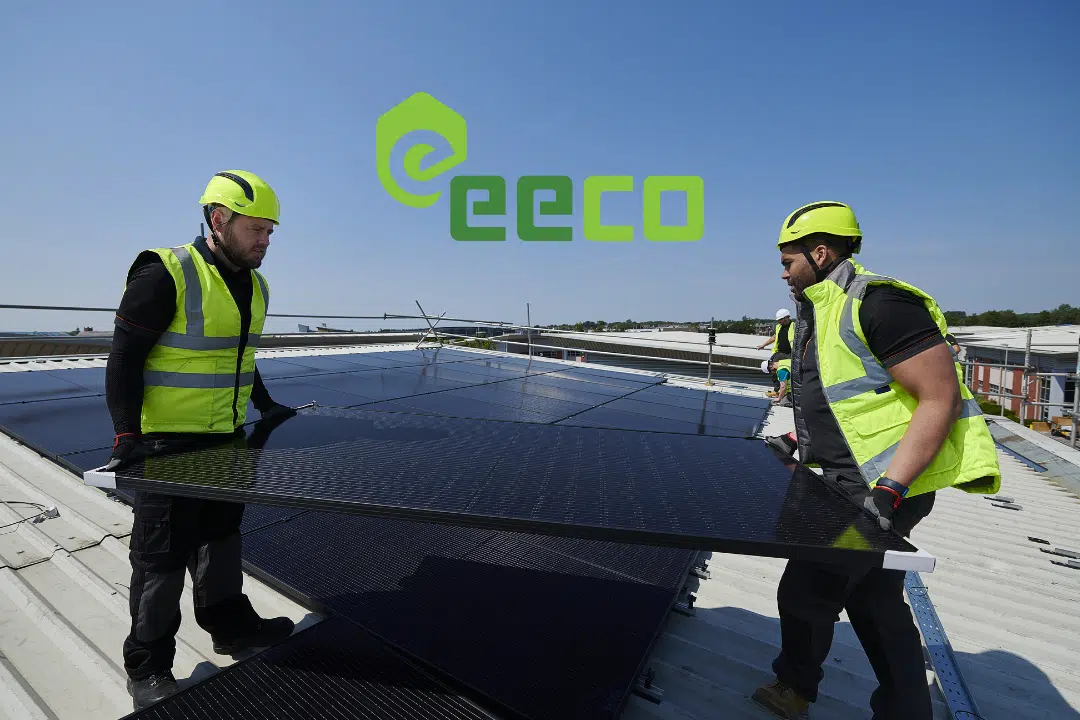Solar Photovoltaic (PV) panels play a crucial role in the renewable energy landscape of the United Kingdom and Northern Ireland. As a clean and sustainable energy source, solar photovoltaic panels have gained popularity in the UK due to their ability to generate electricity from sunlight. In this comprehensive guide, we will explore the various aspects of solar PV panels in the UK and NI, including their technology, benefits, challenges, market trends, policy support, installation considerations, and future prospects.
Introduction to Solar PV Panels in the UK & NI
Solar photovoltaic panels are devices that convert sunlight into electricity through the photovoltaic effect. In the UK & NI, solar PV panels are a key technology in the transition to a low-carbon and sustainable energy future. These panels are typically made of silicon-based solar cells that absorb sunlight and generate direct current (DC) electricity. The electricity produced by PV panels can be used to power homes, businesses, and other applications, reducing reliance on fossil fuels and lowering carbon emissions.
Technology and Types of Solar PV Panels
Monocrystalline Silicon Panels:
Monocrystalline silicon panels are made from single-crystal silicon, offering high efficiency and a sleek appearance.
Since these panels are known for their longevity and efficiency in converting sunlight into electricity, they are a popular choice for residential and commercial installations.
Polycrystalline Silicon Panels:
Polycrystalline silicon panels are made from multiple silicon crystals, providing a cost-effective alternative to monocrystalline panels.
Monocrystalline panels are slightly more efficient than Polycrystalline panels. However, in the UK & NI, Polycrystalline panels are widely due to their affordability and reliable performance.
Thin-Film Panels:
Thin-film solar panels are made from layers of photovoltaic materials such as amorphous silicon, cadmium telluride, or copper indium gallium selenide (CIGS).
These panels are lightweight, flexible, and suitable for various applications, including building-integrated photovoltaics (BIPV) and off-grid installations.
Benefits of Solar PV Panels in the UK & NI
Clean Energy Generation:
PV panels produce electricity without emitting greenhouse gases or air pollutants, contributing to a cleaner and more sustainable energy mix in the UK.
Energy Independence:
By generating electricity from sunlight, solar PV panels NI reduce reliance on fossil fuels and imported energy sources, enhancing energy security and independence.
Cost Savings:
Solar PV panels NI can help homeowners and businesses reduce their electricity bills and protect against rising energy costs over time.
Environmental Benefits:
Solar PV panels NI help reduce carbon emissions and mitigate climate change by displacing fossil fuel-based electricity generation with clean solar power.
Low Maintenance:
Solar PV Panels NI require minimal maintenance and have a long lifespan, providing a reliable and low-cost energy solution for decades.
Challenges and Considerations for Solar PV Panels in the UK & NI
Intermittency:
Solar energy generation is dependent on sunlight availability, leading to variability in electricity production throughout the day and across seasons.
Grid Integration:
Integrating solar PV panels systems into the electricity grid requires careful planning to manage fluctuations in generation and ensure grid stability.
Incentive Changes:
Changes in government incentives and policies, such as feed-in tariffs and export tariffs, can impact the financial viability of solar PV installations.
Shading and Orientation:
Proper site selection, orientation, and shading analysis are essential for maximising the performance of PV panels and achieving optimal energy production.
Storage and Backup:
Incorporating energy storage solutions, such as batteries, can enhance the self-consumption of solar energy and provide backup power during grid outages.
Market Trends and Policy Support for Solar PV Panels in the UK & NI
Rapid Growth:
The UK solar market has experienced significant growth in recent years, with increasing installations of PV panels across residential, commercial, and utility-scale projects.
Feed-in Tariff (FiT):
The Feed-in Tariff scheme provided financial incentives for solar PV system owners to generate and export renewable electricity. While the FiT scheme has closed to new applicants, existing installations continue to receive payments.
Smart Export Guarantee (SEG):
The Smart Export Guarantee ensures that owners of solar photovoltaic systems are paid for the excess electricity they export to the grid. This helps to encourage self-consumption and grid-balancing.
Renewable Energy Targets:
The UK government has set ambitious targets to decarbonise the energy sector and increase the share of renewables, including solar PV, in the electricity mix.
Community Solar Projects:
Community solar initiatives and shared ownership models are emerging in the UK, allowing residents to collectively invest in and benefit from solar PV installations.
Installation Considerations for Solar PV Panels in the UK
Roof Suitability:
Assessing the orientation, tilt, shading, and structural integrity of the roof is crucial for determining the feasibility and efficiency of installing PV panels. South-facing roofs with minimal shading are ideal for maximising solar energy production.
Planning Permissions:
While most residential solar photovoltaic installations fall under permitted development rights, certain circumstances, such as installing on listed buildings or in conservation areas, may require planning permission.
System Sizing:
Properly sizing the PV system according to the energy needs and available roof space is essential for optimising performance and cost-effectiveness.
Installer Credentials:
Choosing a reputable and certified installer, such as an MCS (Microgeneration Certification Scheme) accredited company, ensures the quality and reliability of the installation.
Financial Incentives:
Investigating available grants, subsidies, and financing options can help offset the initial costs of PV panel installations and improve the return on investment.
Future Prospects for Solar PV Panels in the UK
Technological Advancements:
Ongoing research and development in solar PV technology are leading to higher efficiency panels, reduced costs, and new applications such as bifacial panels and building-integrated photovoltaics (BIPV).
Energy Storage Integration:
Advances in energy storage technology, particularly batteries, are enhancing the viability of solar photovoltaic panels by enabling better energy management and increasing self-consumption.
Decentralised Energy Systems:
The rise of decentralised energy systems and microgrids offers new opportunities for integrating solar photovoltaic panels into community energy projects and enhancing local energy resilience.
Sustainability and Circular Economy:
While the demand for sustainable energy solutions grows, there is an increasing focus on the recyclability and lifecycle impact of PV panels, promoting a circular economy approach in the solar industry.
Policy and Regulatory Support:
Continued government support through favourable policies, renewable energy targets, and incentives will be critical for driving the adoption and growth of solar PV in the UK.
In conclusion, solar photovoltaic panels represent a vital component of the UK’s transition to a sustainable and low-carbon energy future. With their numerous benefits, including clean energy generation, cost savings, and environmental impact, PV panels in NI are becoming increasingly popular among homeowners and businesses alike. However, challenges such as intermittency, grid integration, and changes in incentives must be carefully managed to maximise the potential of solar energy.
By staying informed about the latest market trends, policy support, and technological advancements, and by considering key installation factors, individuals and businesses can make informed decisions about adopting PV panels. While the renewable energy landscape continues to evolve, photovoltaic panels will play an essential role in shaping a greener, more resilient energy system for the UK.
For more information on solar panels for your home or business, contact us on 028 9592 2730 or email hello@eeco.energy


